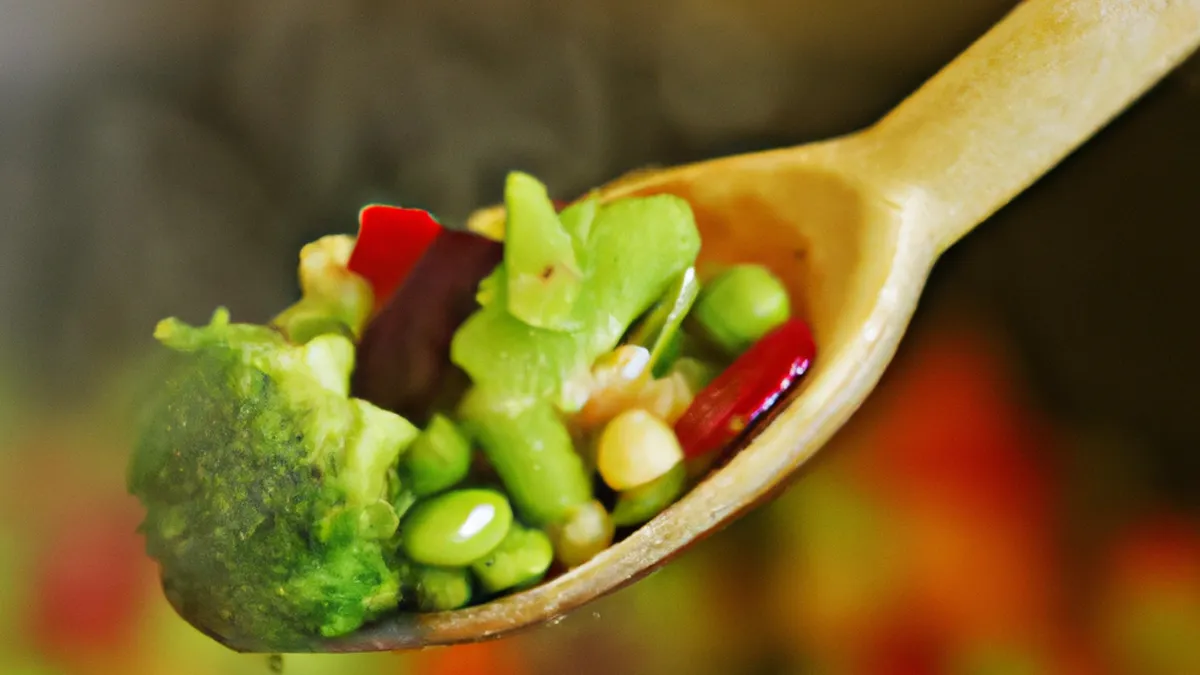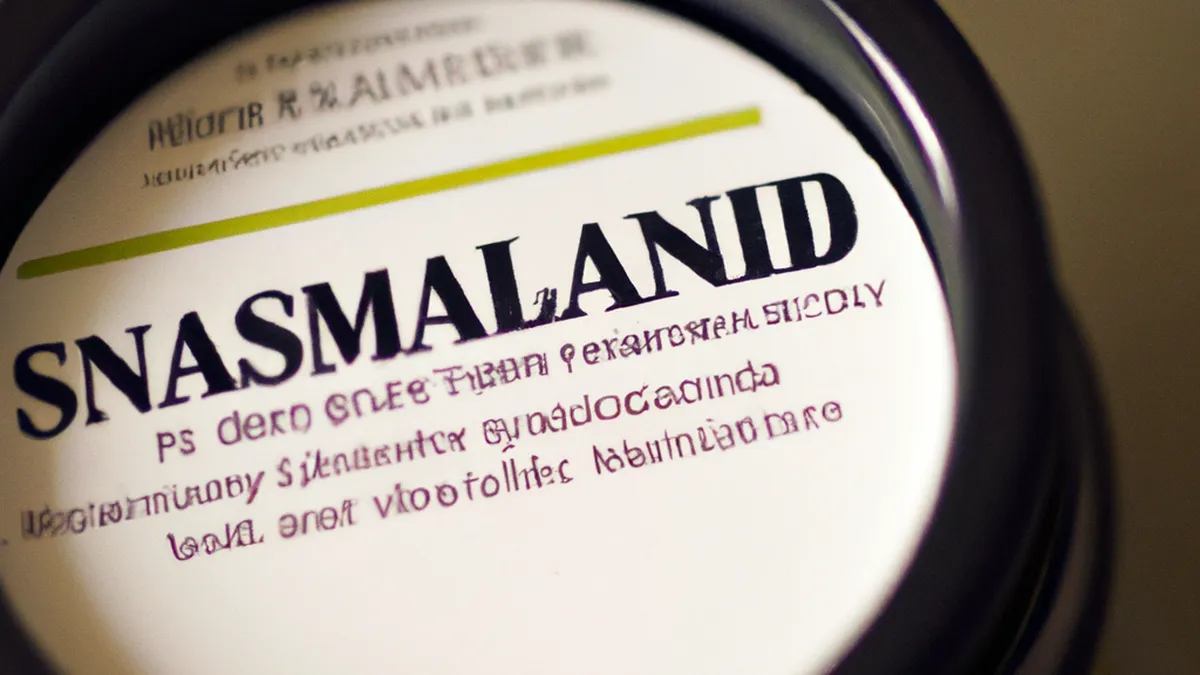Proteins that Support Endurance Performance
Diet Plans for Endurance AthletesEndurance athletes, including long-distance runners, cyclists, and triathletes, push their limits daily. They need solid diet plans that support intense training and recovery. Nutrition significantly enhances performance and maximizes training benefits. This blog explores effective diet plans for endurance athletes, focusing on macronutrient balance, meal timing, hydration, and nutrition’s impact on performance.
Understanding Nutritional Needs
Endurance athletes require balanced diets to fuel performance effectively. The three macronutrients—carbohydrates, proteins, and fats—serve distinct purposes in an athlete’s diet.
Carbohydrates: The Main Fuel Source
Carbohydrates fuel endurance athletes primarily. The body relies on glycogen stores from carbohydrates during prolonged activity. Athletes must consume enough carbohydrates to replenish these stores.Athletes should prioritize complex carbohydrates like whole grains, fruits, and vegetables. These foods provide sustained energy and essential vitamins and minerals. Endurance athletes should aim for 6-10 grams of carbohydrates per kilogram of body weight daily, depending on training intensity and duration.
Proteins: Essential for Recovery
While carbohydrates fuel performance, proteins are vital for recovery, muscle repair, and growth. Endurance athletes experience muscle stress during training, making protein intake crucial for rebuilding muscle fibers. Athletes should consume protein after workouts to facilitate recovery.Include lean meats, fish, dairy products, and plant-based proteins in the diet. Endurance athletes should aim for 1.2 to 1.4 grams of protein per kilogram of body weight daily, varying based on individual training loads and goals.
Fats: A Secondary Energy Source
Fats serve as an important energy source during prolonged activities when glycogen stores deplete. Healthy fats support hormone production, absorb fat-soluble vitamins, and provide concentrated energy. Endurance athletes should incorporate healthy fats like avocados, nuts, seeds, olive oil, and fatty fish.Fats play a larger role during long-duration events, where the body shifts to using fat for energy. Approximately 20-35% of an athlete’s total caloric intake should come from healthy fats, depending on individual needs.
Conclusion
As an Amazon Associate I earn from qualifying purchases.
Gear tip: consider electrolyte mix, soft flask, and sodium tablets to support this topic.
Endurance athletes should focus on balanced diets rich in carbohydrates, proteins, and healthy fats. These nutrients enhance performance and recovery.
Below are related products based on this post:
FAQ
What are the key macronutrients for endurance athletes?
Endurance athletes need a balanced intake of carbohydrates, proteins, and fats. Carbohydrates serve as the main fuel source, while proteins are essential for muscle recovery and growth. Healthy fats provide additional energy and support overall health.
How much carbohydrates should endurance athletes consume?
Endurance athletes should aim for 6-10 grams of carbohydrates per kilogram of body weight daily. This intake varies based on the intensity and duration of their training, ensuring they have sufficient glycogen stores for performance.
Why is protein important for endurance athletes?
Protein is crucial for endurance athletes as it aids in muscle repair and recovery after intense training sessions. Consuming protein post-workout helps rebuild muscle fibers that experience stress during exercise, supporting overall performance and growth.















Post Comment